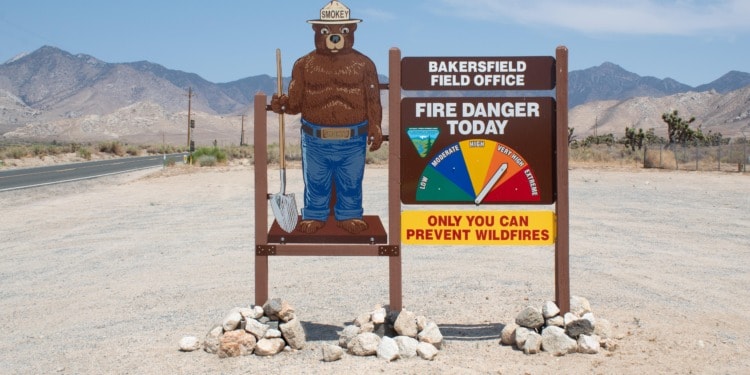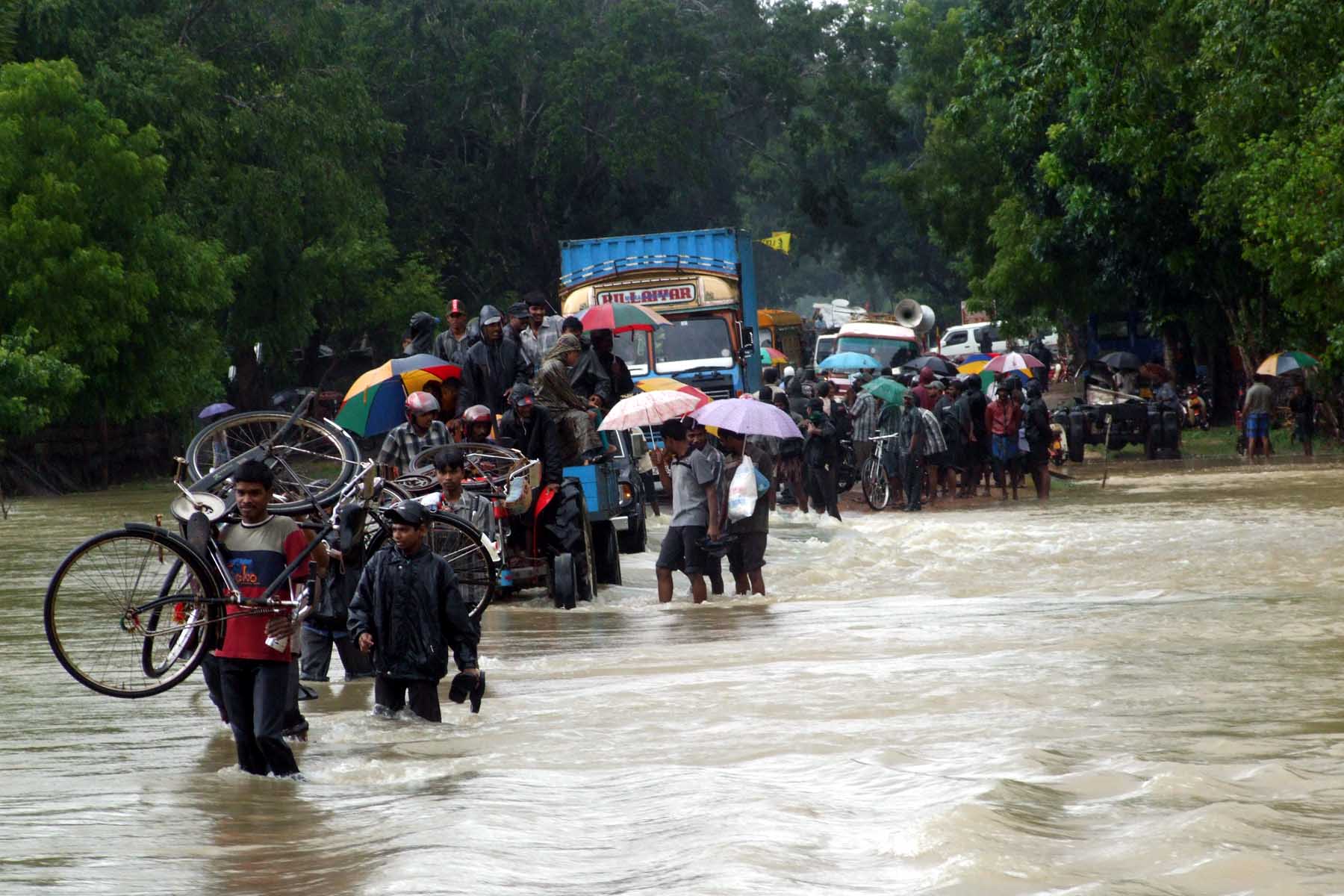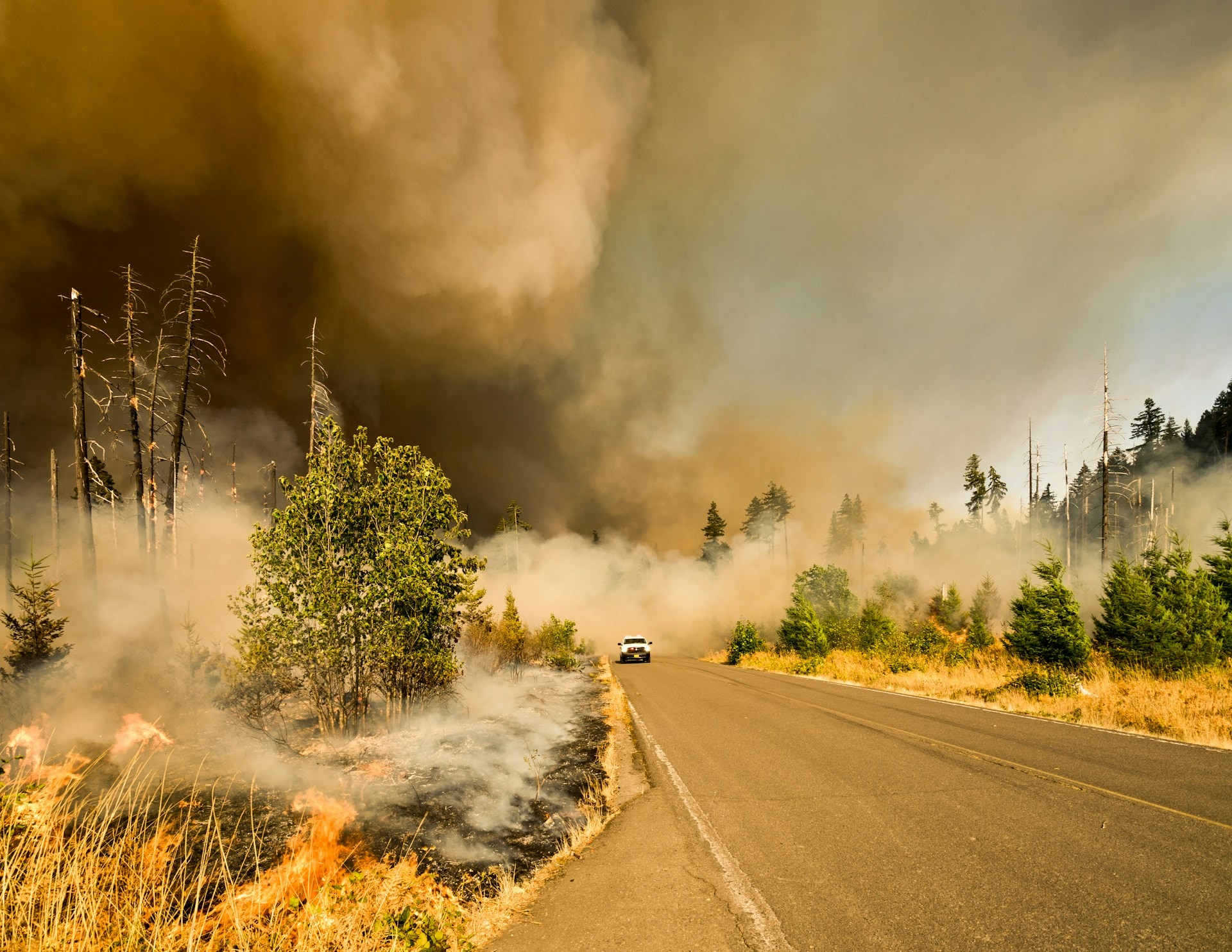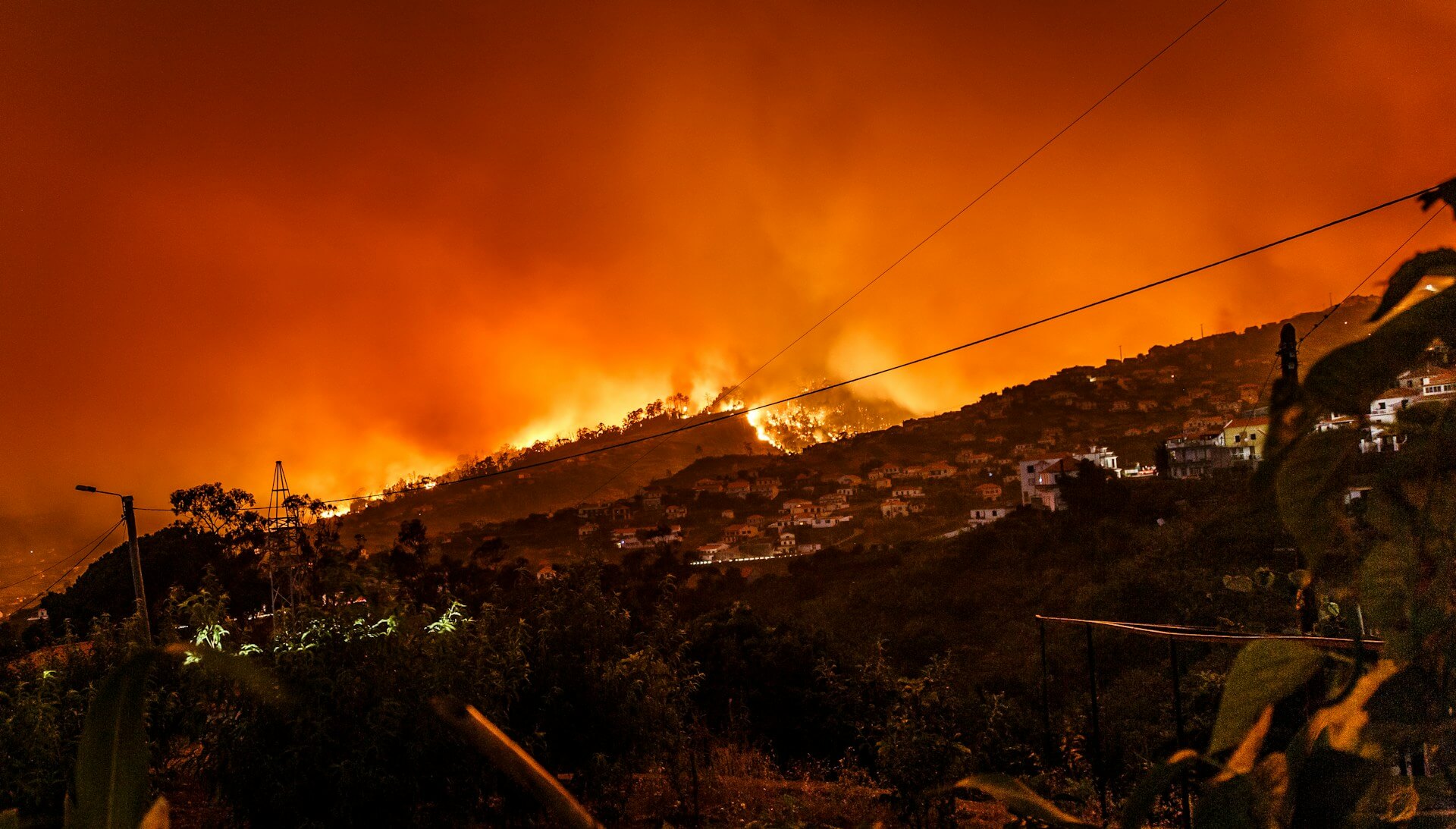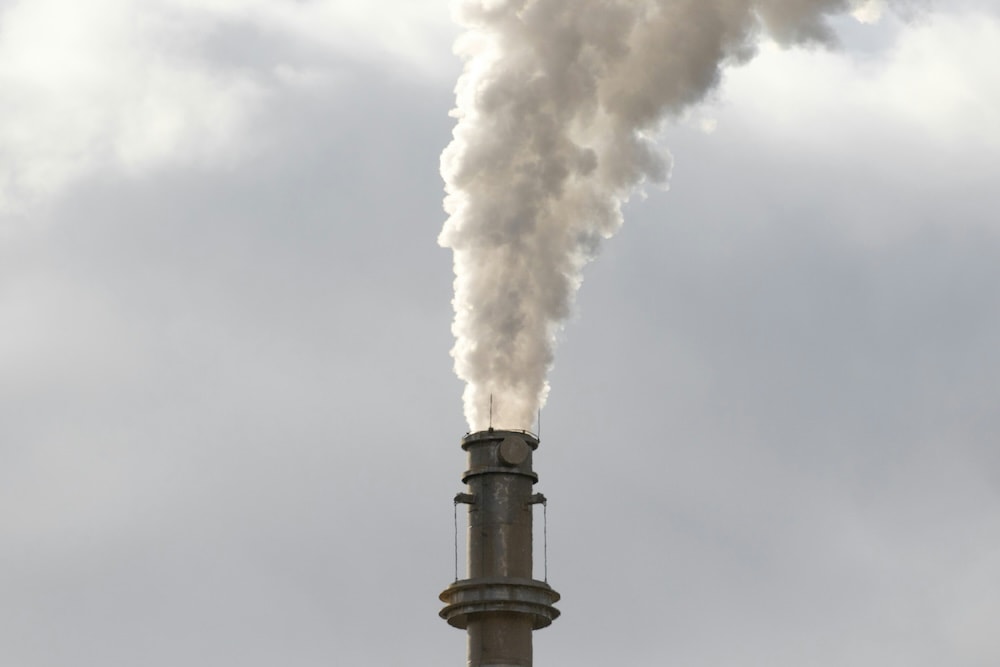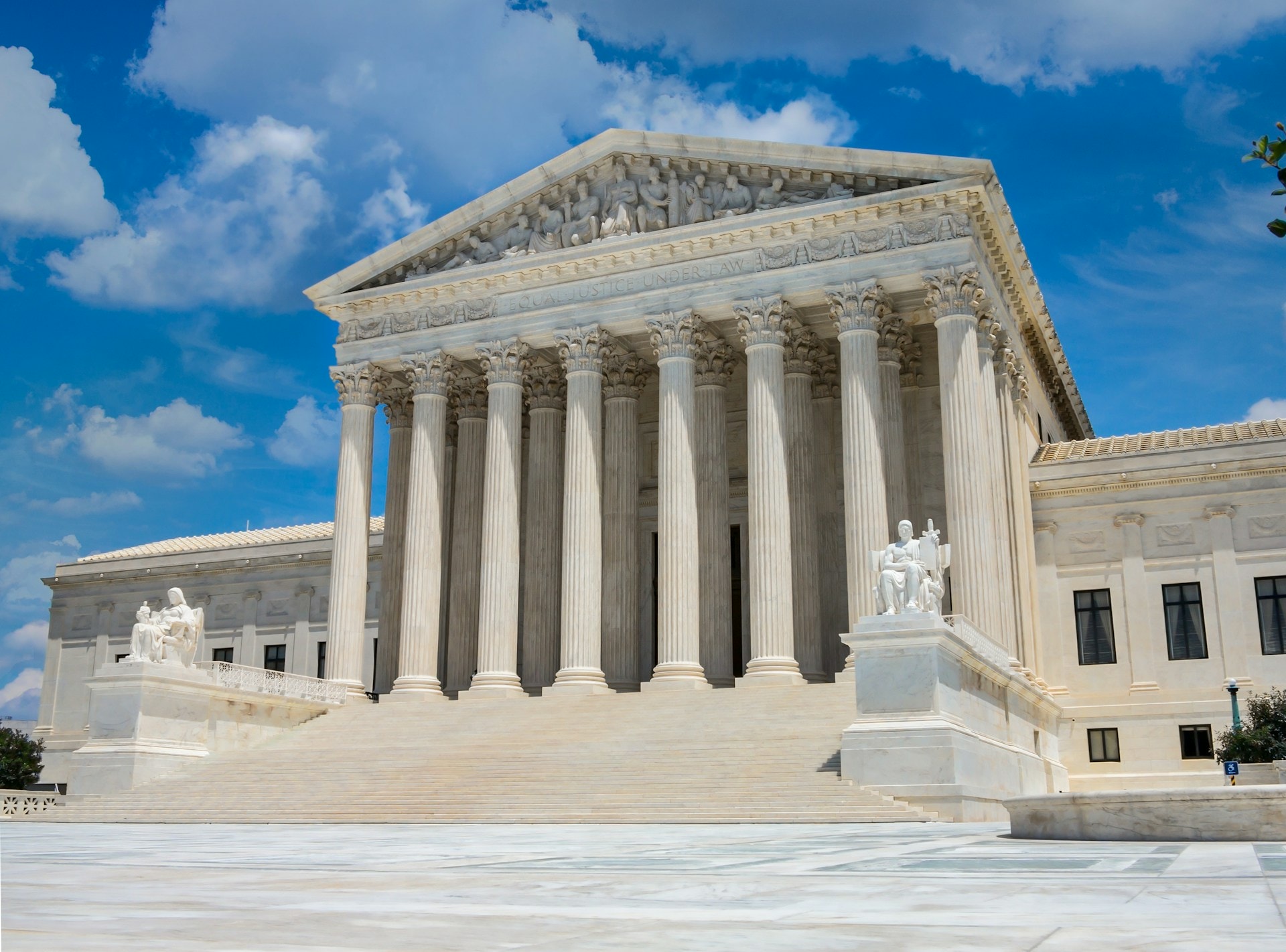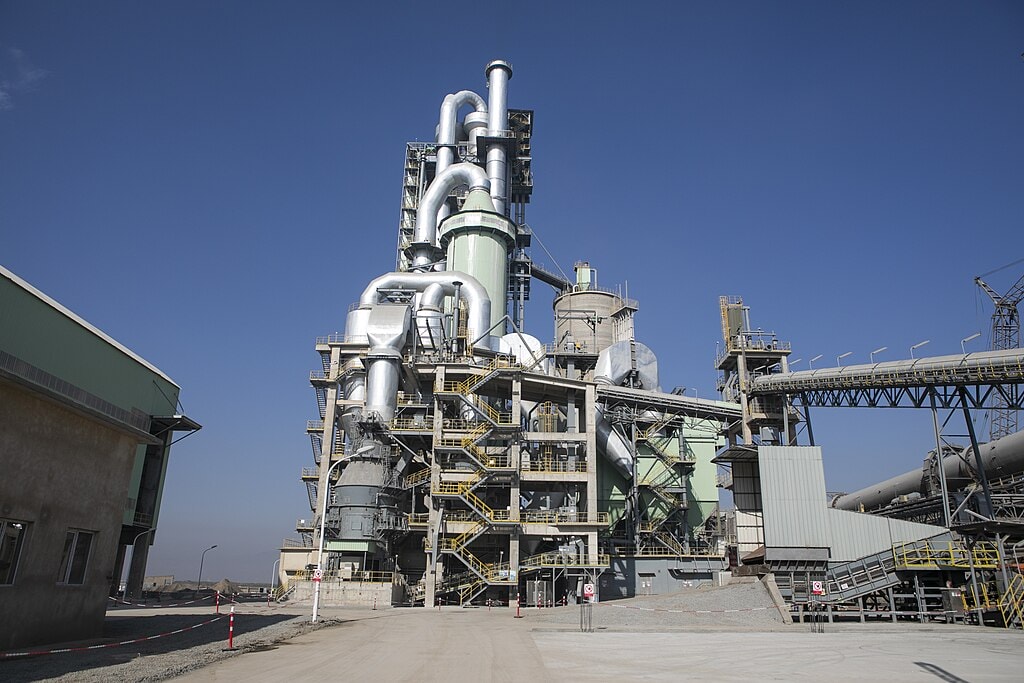The 2023 wildfire season in Canada has been unprecedented. Only six weeks into the season that lasts from May until September, the wildfires raging across Canada have already torched the same amount of area as burnt during a whole season in past years.
Due to a change in the direction of the winds from Canada last week, the smoke from these fires, which usually drifts out to sea, has blanketed much of the Eastern Seaboard and Midwest of the United States.
Last week, New York, Philadelphia, and Washington D.C. all experienced record high scores on the Air Quality Index (AQI) for the amount of fine particulate matter (PM 2.5) in the air, with scores ranging into “hazardous” levels – 201 and above – at various points on June 7.
At some points on June 7, the air pollution in New York City was the worst of any major metropolitan area in the world, surpassing cities like New Delhi, Doha, and Lahore.
From the extremity of the early Canadian wildfire season to the degree of fallout in far-flung locations, this situation was unprecedented. In turn, it has already generated some interesting reactions and raised many worthwhile questions, but could it also ignite unprecedented action?
Reasonable precautions cause absurd reactions on Fox News
The key precautions for residents in the affected areas were to stay indoors and wear a tight-fitting mask when going out.
Because of the poor air quality, @NYCSchools has announced that all outdoor activities have been canceled.
Consider wearing a mask when you are outdoors and stay inside when possible.
You can also call our toll-free air quality hotline for updates at 1-800-535-1345.
— NYC Mayor's Office (@NYCMayorsOffice) June 7, 2023
Schools were canceled in many states, and large outdoor gatherings such as baseball games were postponed.
Sound familiar?
Perhaps as a knee-jerk reaction to this triggering callback to the COVID pandemic, Fox News host Laura Ingraham ran multiple segments trying to downplay the effects of the smoke.
On Wednesday evening, Laura Ingraham invited a guest to explain why the hazy skies pose no threat to the general public, introducing him as a “senior legal fellow at the Energy and Environment Legal Institute and Trump-era transition team member.”
The guest, however, was Steve Milloy, a person known for lobbying for the tobacco and fossil fuel companies who, as the American non-profit news organization The Intercept put it, has been waging a “war against air pollution regulation since the 1980s.”
In his appearance on Fox News, Milloy pointed out:
“Look, the air is ugly, it’s unpleasant to breathe and for a lot of people they get anxiety over it, but the reality is just that there’s no health risk.”
Of the smog smothering the city, Milloy stated:
“There’s nothing in [particulate matter]. They have no effect. EPA [Environmental Protection Agency] has all this testing on real-life human beings, it shows no effect. This is total junk science.”
However, according to the EPA:
“Exposure to such particles can affect both your lungs and your heart. Numerous scientific studies have linked particle pollution exposure to a variety of problems…”
But, whilst guests on Fox News once again attempt to misconstrue issues of public health as politically divisive topics, the situation last week offered an unprecedented opportunity for solidarity amongst Americans.
The continental divide: New York walks a mile in California’s shoes
The United States is a vast and multifaceted landscape, both physically and politically. Although many will refer to the goings-on in the States as a collective concept, the lives and experiences of Americans hugely depend on where they live within the country.
For example, whilst the orange sky and air quality warnings are a rather new experience for many of the Americans along the Eastern Seaboard and in the Midwest, Californians have been living with the ever-increasing effects of wildfire smoke for decades.
The last time the AQI score for New York City was comparatively bad was July 7, 2002, when the daily average reached 163 as a result of wildfires burning in California.
In comparison, Los Angeles and San Francisco both had 11 days in 2020 which saw AQI scores in the red or “unhealthy” zone, and San Francisco even had one day of “hazardous” air quality. In 2020, New York had zero days with an AQI score in the red zone.
Apple Fire continues. Updated to more than 15,000 acres. pic.twitter.com/tONXJoXZzp
— California Wildfire News (@cawildfirenews) August 2, 2020
Wildfires are an important warning sign about the continuing destabilisation of the global climate and one of many signals that exist as part of a climate feedback loop. Wildfires are more likely to occur as conditions get warmer and drier for longer periods of time, and wildfires themselves release more greenhouse gases into the atmosphere which are causing hotter, drier conditions . . . which cause more wildfires.
Despite the worsening wildfire seasons in California alongside a host of other warning signs, American climate policy hasn’t proven especially ambitious in the past decade.
Nonetheless, there has been increased momentum for climate policy under the Biden administration, who quickly rejoined the Paris Agreement after taking office and created the National Climate Task Force. Biden has also described the fires as a “stark reminder of the impacts of climate change.”
Now, one of the tangible effects of climate change has interrupted the lives of many Americans who previously only saw situations like this on the news.
Perhaps more impactful still is the fact that the fallout is disrupting the cities along the Eastern Seaboard, which are home to the centre of America’s political and financial worlds and hold a disproportionate amount of the country’s total population. One in six Americans lives in this stretch of metropolitan area, despite it covering only 2% of the land.
There is a hope that after first-hand experience of this phenomenon, especially one with such a dramatic, dystopian effect, more of the Americans who live and work at the heart of America’s financial and political world will be inspired to activism and moved to drive real change.
A chance for change?
Although this is a novel experience for New Yorkers and residents of other East Coast and Midwestern cities, billions of people around the globe are unfortunately all too familiar with the experience of living under a blanket of harmful smog. In India, 1.6 million deaths in 2019 were attributed to air pollution.
Nonetheless, in 2022, the UN declared a healthy environment, including clean air, a human right, shortly after the World Health Organization released a study showing that 99% of the global population is exposed to levels of ambient air pollution that are above safe levels.
There is possibly a silver lining in watching a wealthy and “developed” city like New York top the global list for worst air quality; the crisis and its coverage highlighted the discrepancy between the UN’s ideals and reality. More than that, it demonstrated in no uncertain terms that the negative effects of climate change will affect not only poor communities across the globe but everyone.
And perhaps after last week, more Americans will have taken to heart the timeless warnings of Smokey the Bear: “Only you can prevent wildfires.”
Editor’s Note: The opinions expressed here by the authors are their own, not those of Impakter.com — In the Featured Photo: Smokey the Bear sign showing risk of wildfires. Featured Photo Credit: Brian Wangenheim.


